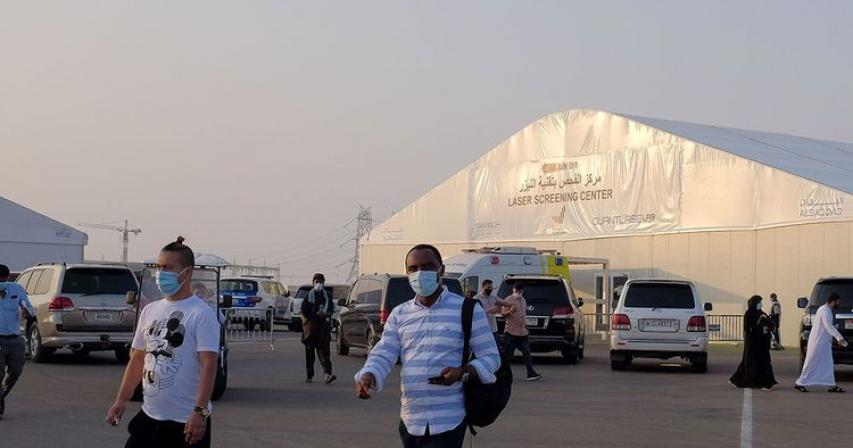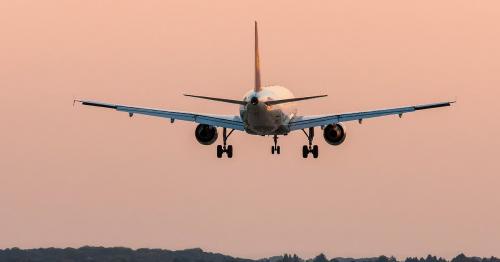Live in Dubai but work in Abu Dhabi? Here’s how residents manage their daily runs amid entry restrictions

With economic activity resuming in the UAE, one question that is doing the rounds is how residents who have to do inter-emirate runs for work on a daily basis are meeting entry protocols in Abu Dhabi.
Professionals said they use a mix of carefully planned hotel stays and commutes to be able to get to their workplaces in Abu Dhabi.
As per the most recent regulations, those who want to enter Abu Dhabi can present either a COVID-19 negative PCR test result taken within the last 48 hours, or a negative COVID-19 result obtained via a DPI test in the past 48 hours. If the person continues staying on in Abu Dhabi, he or she has to undergo a PCR test on the sixth day after entry, when the probability of detecting the coronavirus is likely to be high in a person who is infected.
An Indian electrical engineer who lives in Dubai but works in Abu Dhabi said he takes a COVID-19 test every Saturday. The results are valid until Tuesday morning, so he uses them to come to work on the first three days of the work week.
Hotel stays
“Then I stay at a hotel on Tuesday and Wednesday night, and leave for home after work on Thursday. Fortunately, our company has a designated PCR testing facility, so I don’t have to worry about long lines. The company also pays for the screening costs and hotel stays,” he added.
Other professionals who do not get similarly reimbursed for their hotel stays have been exploring a range of options.
F.T., a Bangladeshi administrative officer who lives in the capital and works in Dubai, said she had been alternating between staying at hotels or with friends every week.
“We live in Abu Dhabi, and I was working from home from March onwards. Then, a month and a half ago, our company said we had to figure out a way to get to work every day. I took the DPI test a few times, and although the test is quick, I found that it made my journey home very long. So I prefer to take the PCR test instead, even though it costs more,” she said.
The DPI test costs just Dh50 per person, while the PCR test is priced from Dh199 onwards at various facilities.
F.T. said she leaves for a hotel or a friend’s place in Dubai on Saturday night, and stays the week there. “I take the PCR test on Tuesday or Wednesday, and with that result, I go back home after work on Thursday. It is hard to stay away from my husband and three children, and an added cost as well. But I am fortunate because my parents are around to take care of my children,” she said.
Like many other private firms, her employer has also signed up with a private clinic so that employees can undergo regular PCR tests at a discounted rate, and without delay and queuing.
Vaccine trials
The entry restrictions are however not applicable to those who are vaccine trial volunteers. Some residents living or working in Abu Dhabi who have signed up for them don’t have the need for regular COVID-19 screenings.
“I know of many of my younger colleagues who fall in this category. I am diabetic, so I didn’t volunteer,” said one resident.
Entry restrictions since May
Abu Dhabi first introduced entry restrictions in May as a means to limit the COVID-19 outbreak. The following month, the emirate also rolled out mass testing initiatives to screen residents and control the spread of the coronavirus.
Soon after, the laser-based DPI test was approved as an additional method to screen for COVID-19 when entering Abu Dhabi.
An Emirati businessman in Abu Dhabi said he has visited his extended family in Ras Al Khaimah just once since the restrictions were enforced.
“The screenings take some time and planning, so I simply speak to my parents and siblings over the phone for the moment,” he said.






Comments